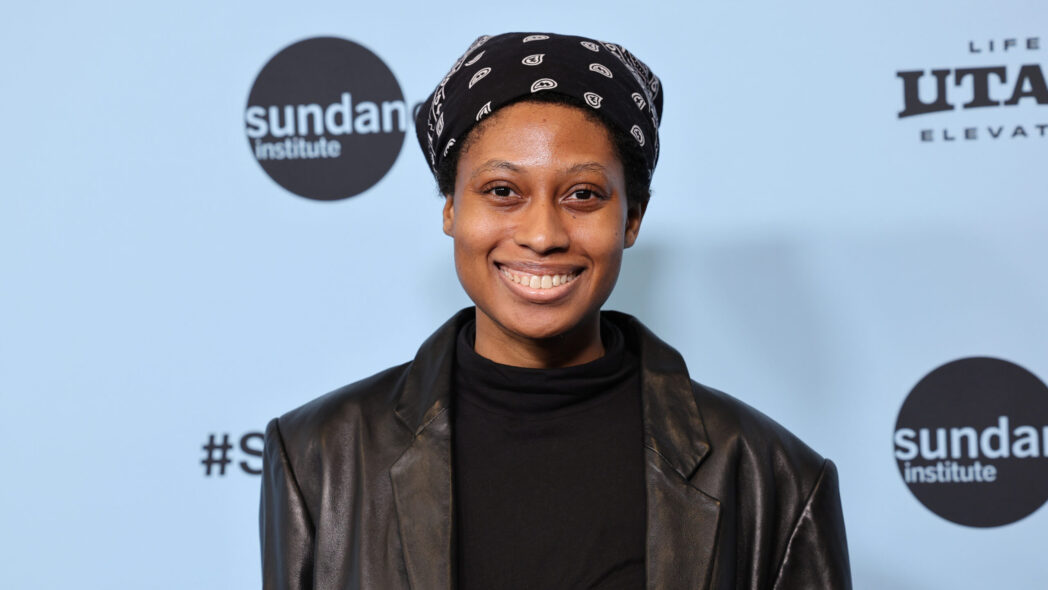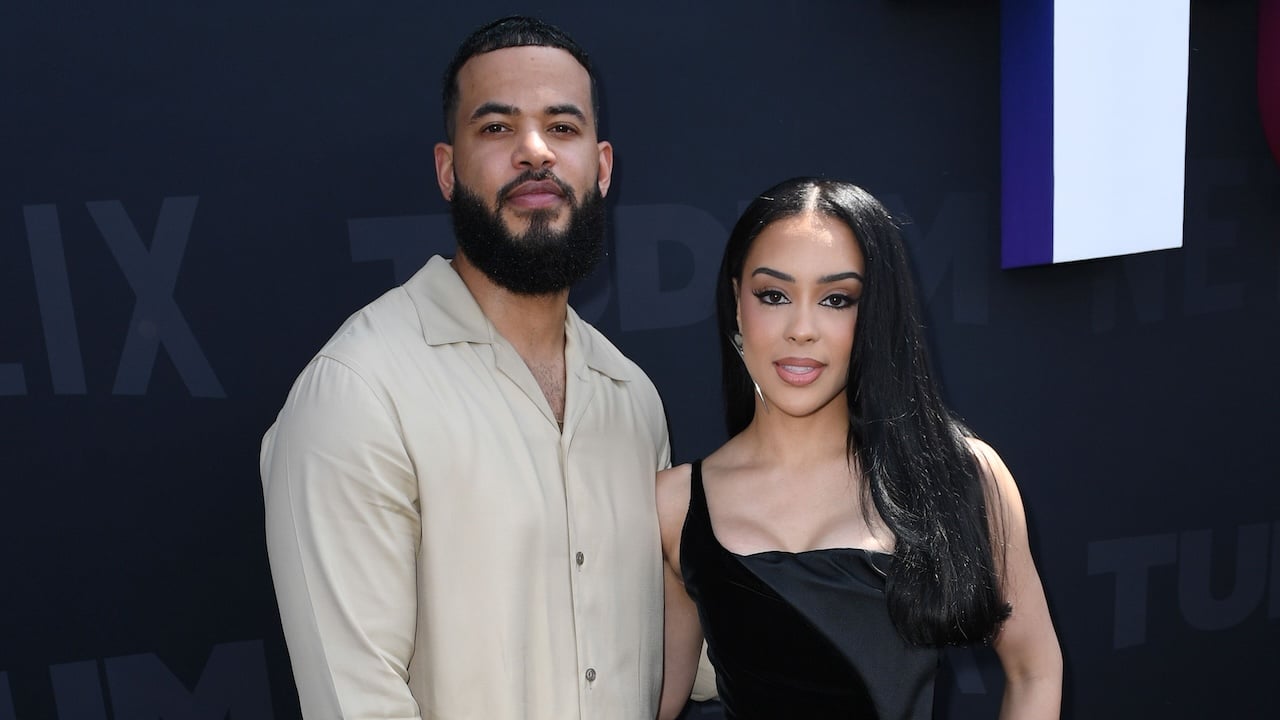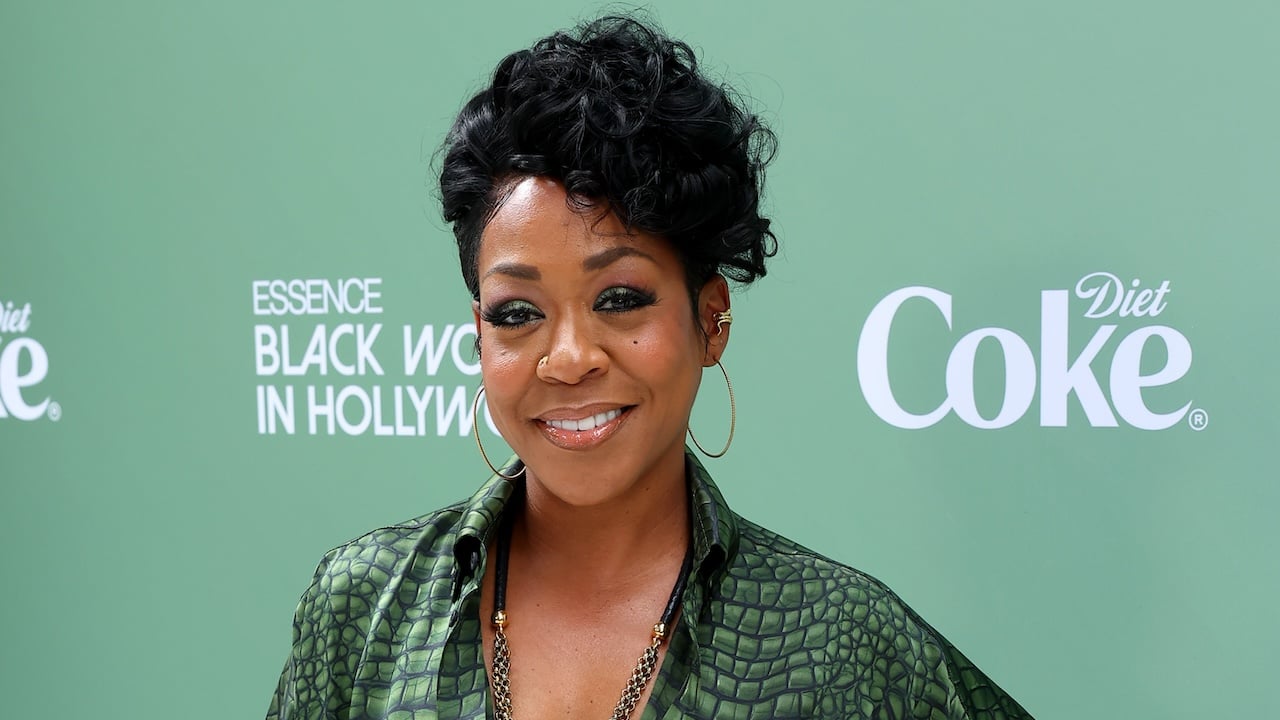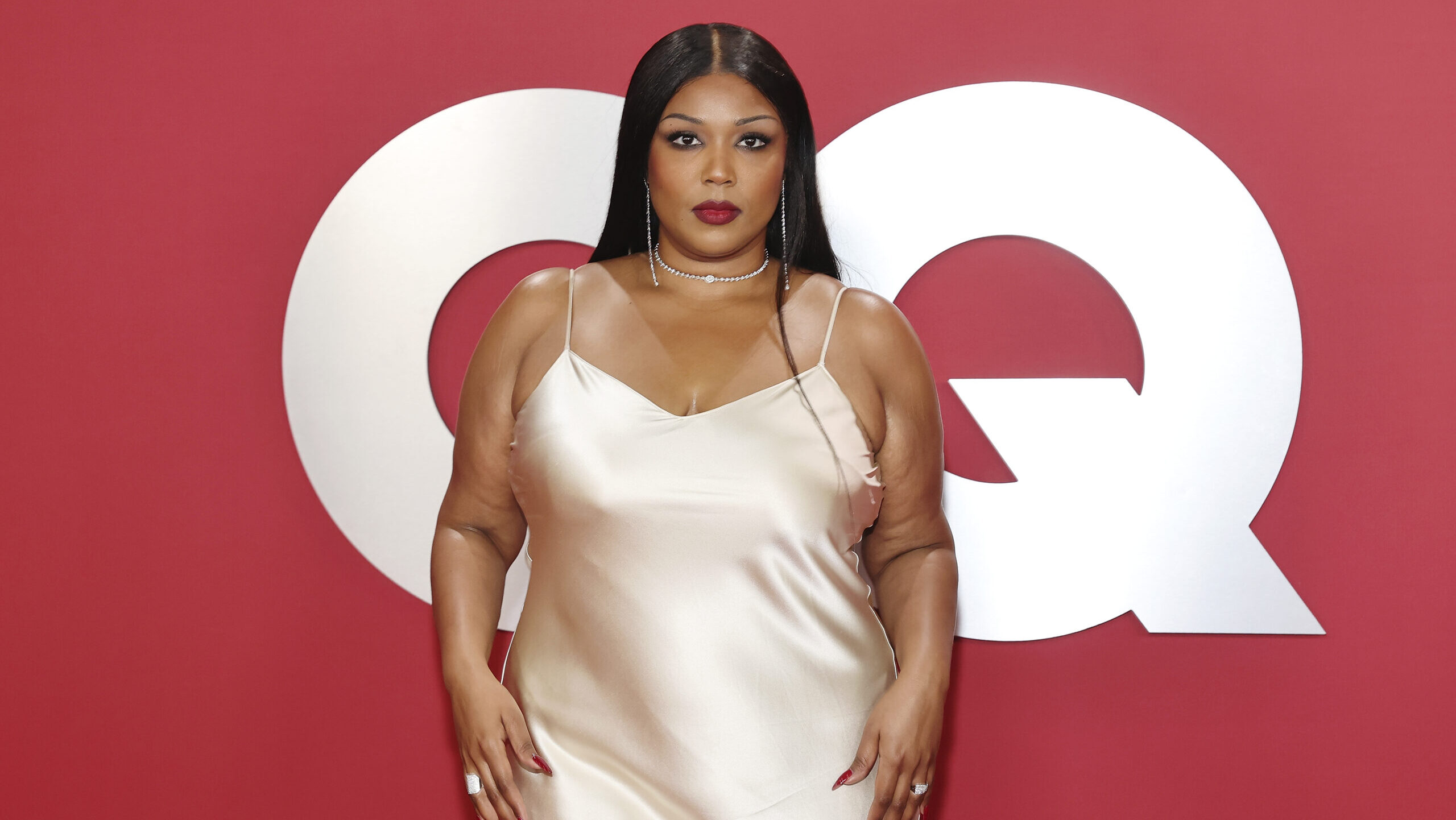Film icon Robert Redford died Tuesday at the age of 89, but not before leaving behind a massive legacy in Hollywood and one of the most influential legacies in cinema: the Sundance Film Festival.
Founded in the early 1980s through his Sundance Institute, the annual festival began in Utah as a showcase for independent films and has since grown into the premier stage for discovering new talent. Over the decades, Sundance has evolved from a small gathering of indie hopefuls to a global star-studded launchpad that has kick-started the careers of countless directors who would go on to define Hollywood.
That list includes some of the biggest names in Black filmmaking today, like Barry Jenkins, Ryan Coogler, Ava DuVernay, Dee Rees, and Jordan Peele—and some of their buzziest Sundance premieres like “Fruitvale Station,” “Pariah,” “Middle of Nowhere,” and “Get Out.” These films not only captivated audiences in Park City but also went on to shape conversations in Hollywood and beyond.
As the world remembers Redford for his work and legacy, we’re revisiting some of our favorite Black directors who have come through Sundance and changed the face of film forever.
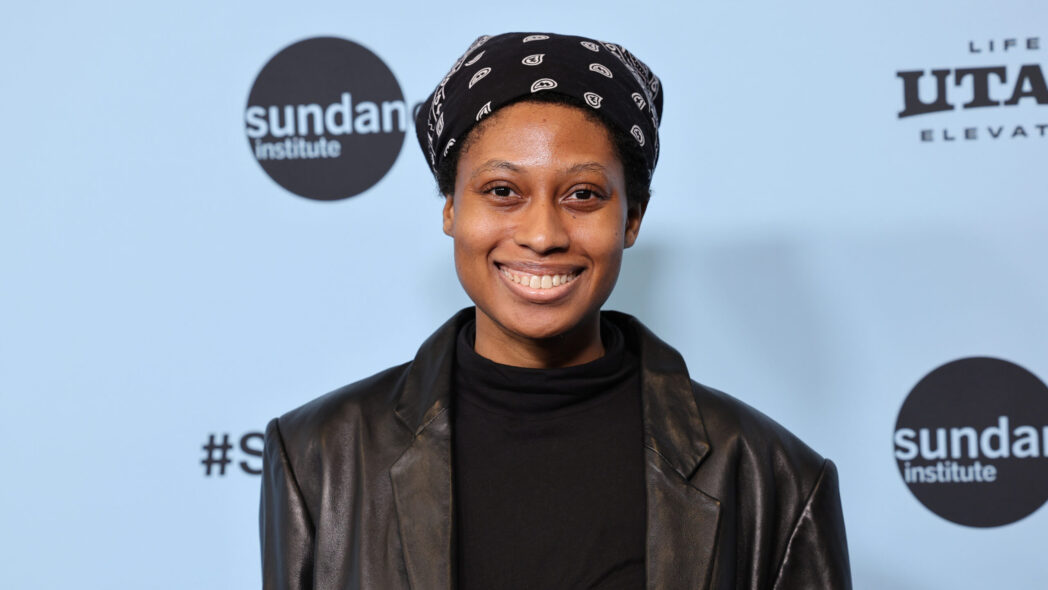
Brittany Shyne
Emerging as part of Sundance’s newest wave, Brittany Shyne premiered her debut documentary “Seeds” at the 2025 Sundance Film Festival in January, where it won the U.S. Grand Jury Prize for Documentary. Supported by the Sundance Institute Documentary Fund, Shyne’s work reflects the evolving landscape of Black independent film.
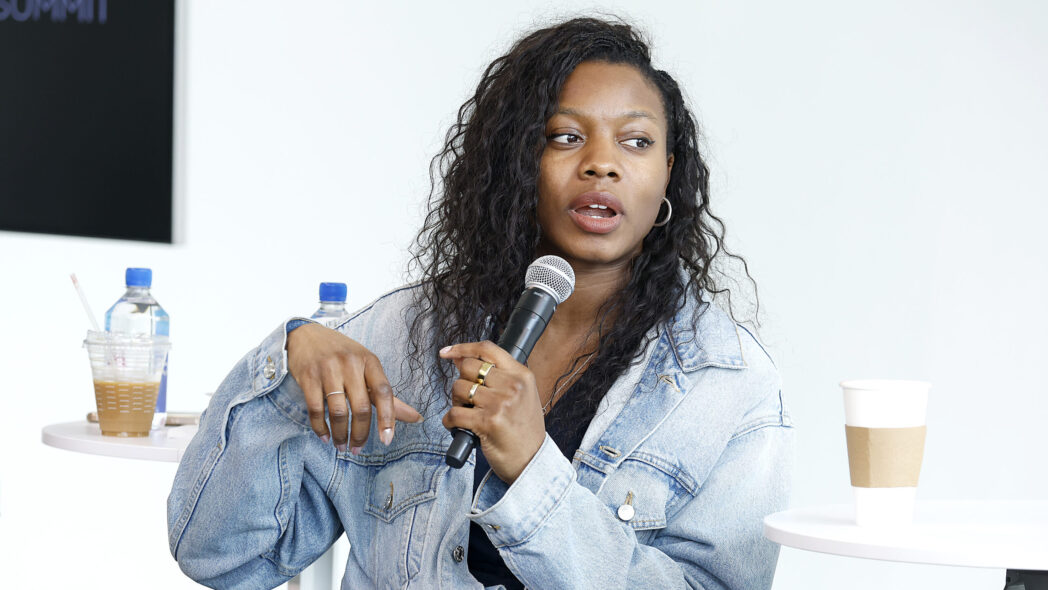
Nia DaCosta
DaCosta made waves at Sundance in 2018 with “Little Woods,” a gripping neo-Western about two sisters struggling to survive in North Dakota. The film, developed through the Sundance Institute’s Screenwriters and Directors Labs, spotlighted her tense, character-driven storytelling and set her on a path that would lead to writing and directing major studio projects, particularly in horror like “Candyman” and the upcoming “28 Years Later: The Bone Temple”
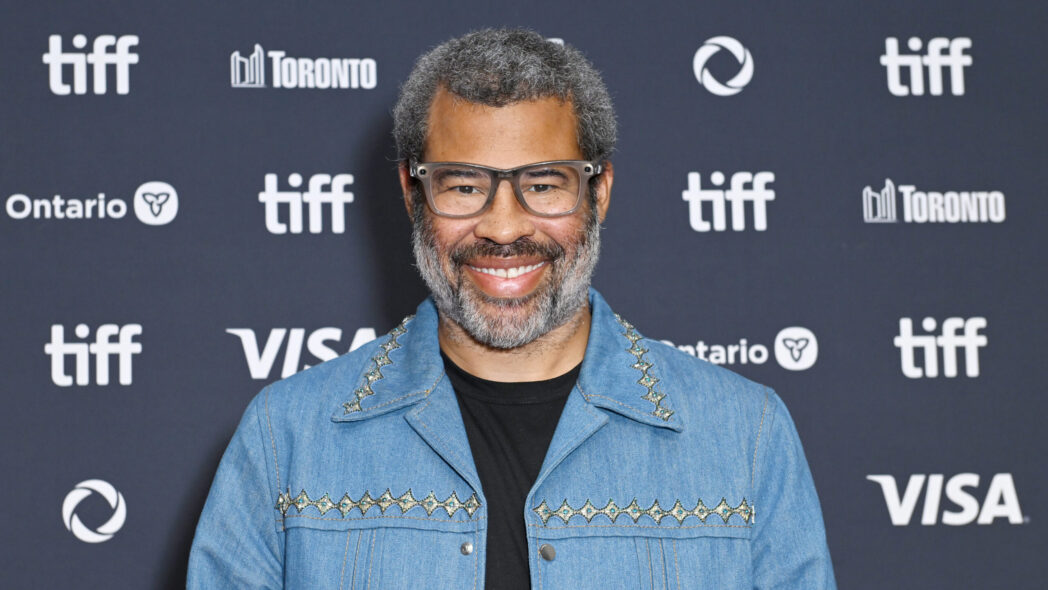
Jordan Peele
Believe it or not, but Peele’s directorial debut, “Get Out,” which won him a rare Oscar in writing and completely invented a new style of horror, premiered at Sundance in 2017. To the surprise of few, the film electrified audiences with its razor-sharp satire on race and horror.
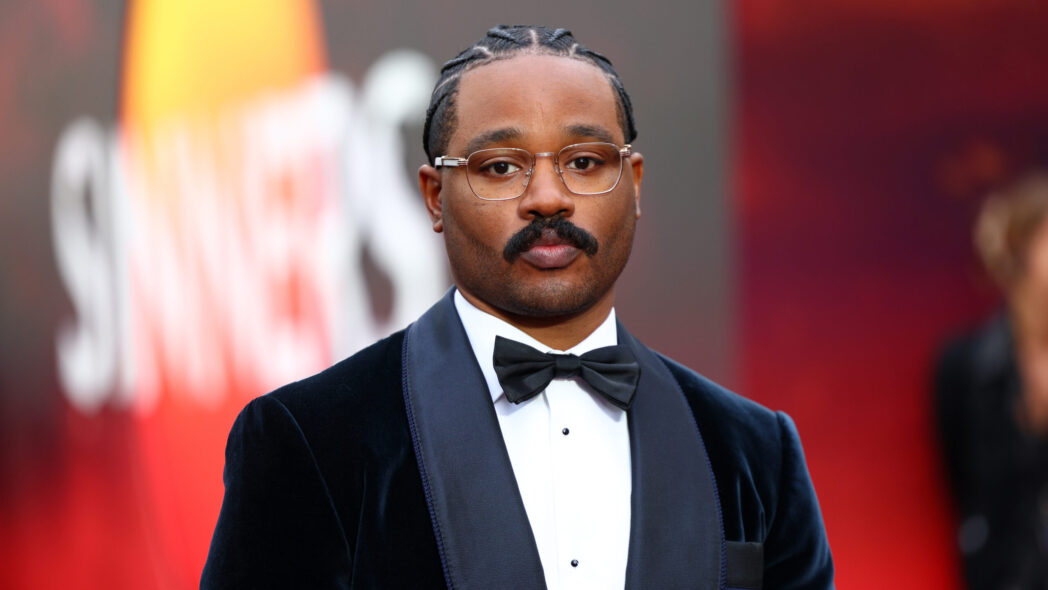
Ryan Coogler
Coogler burst onto the scene in 2013 when “Fruitvale Station,” developed through the Sundance Institute’s Feature Film Program, premiered at the festival and swept both the Audience Award and the Grand Jury Prize. The film, based on the real-life killing of Oscar Grant, first introduced Coogler as the socially conscious auteur churning out blockbusters like “Black Panther” and “Sinners” we know today.
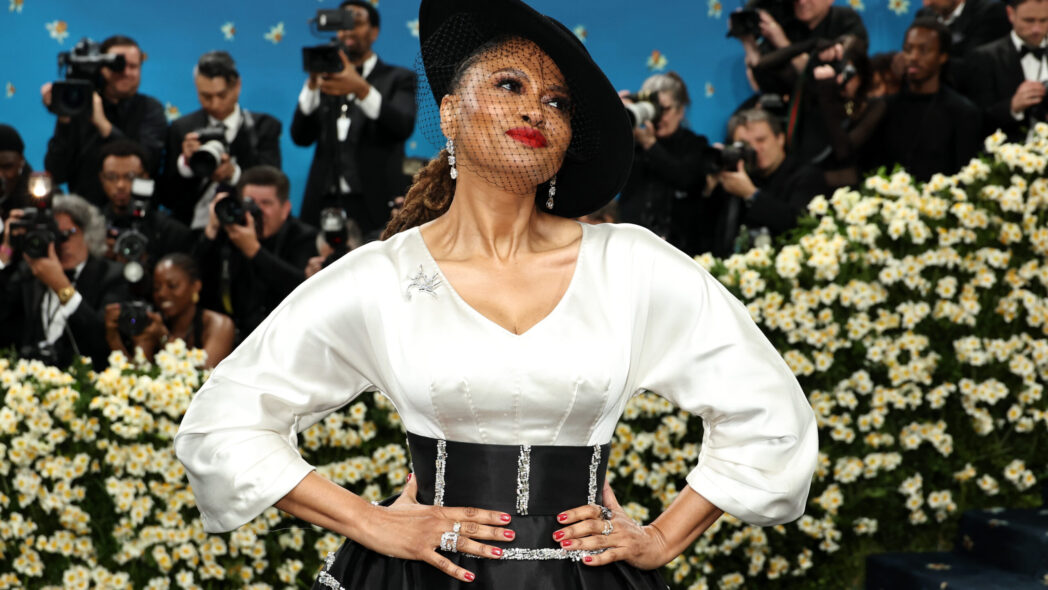
Ava DuVernay
Two years before DuVernay exploded onto the scene with her groundbreaking film “Selma,” she made history at Sundance with the feature “Middle of Nowhere.” The film debut made her the first Black woman to win Sundance’s Best Director award. Soon after, she joined the Sundance Institute Board of Trustees in 2013, helping shape the very organization that had championed her.
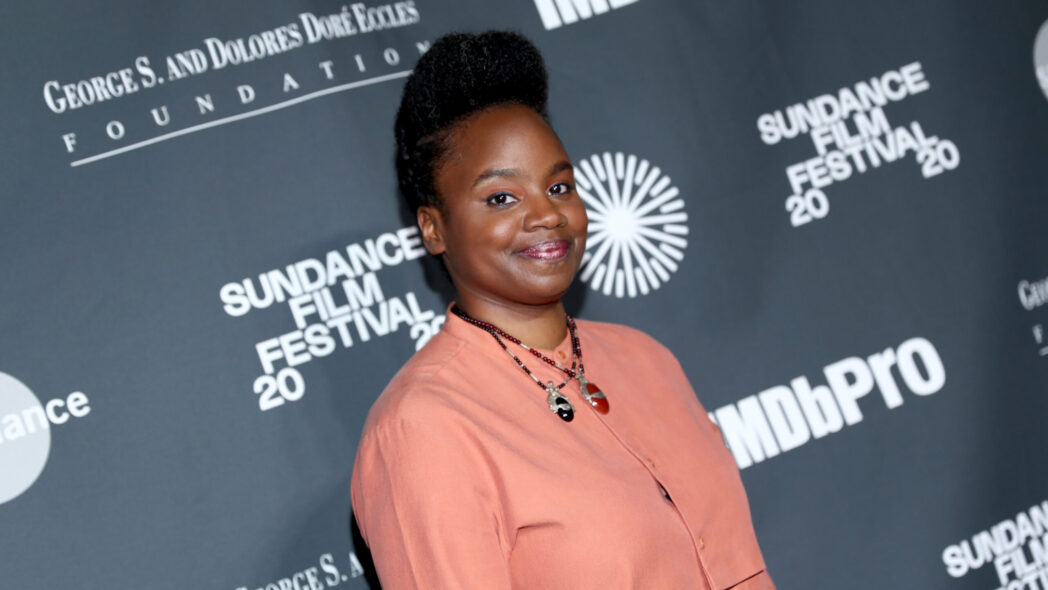
Dee Rees
Rees, who has titles like “Mudbound” and “Bessie” under her belt, debuted at Sundance in 2011 with the film “Pariah.” The intimate film won her the Excellence in Cinematography Award and became a breakout moment. Developed with the support of the Sundance Institute Labs, the film’s intimate portrayal of a Black lesbian teenager’s coming-of-age cemented Rees as a vital storyteller about Black life.
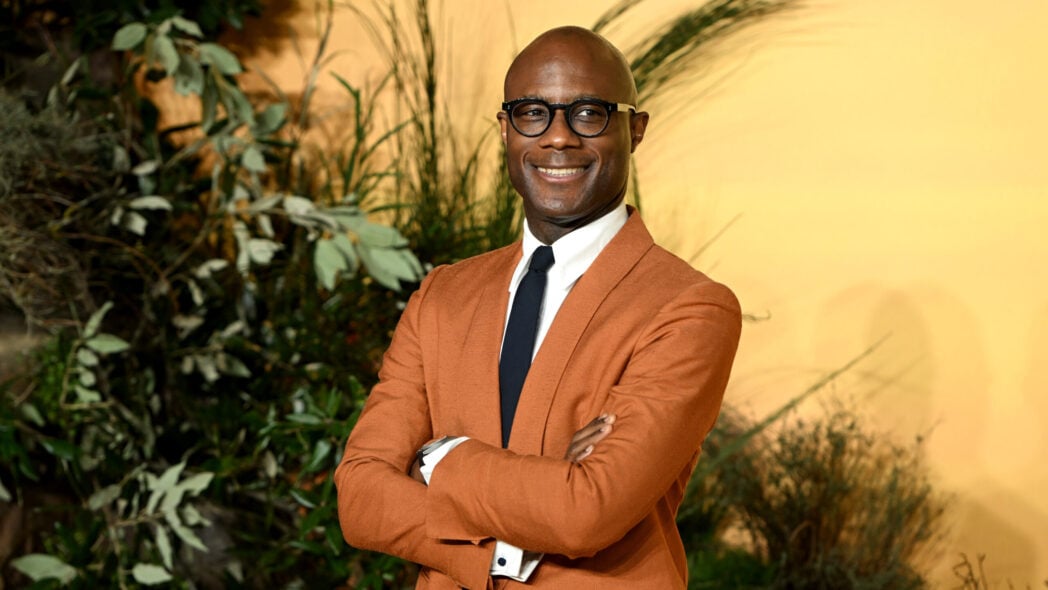
Barry Jenkins
Before “Moonlight” won the Oscar, Jenkins brought his lyrical debut “Medicine for Melancholy” to festivals in 2008 and soon after joined the Sundance Institute Screenwriters and Directors Labs in 2010, where he developed what would later become “Moonlight.” That early Institute support cemented his voice as one to watch, laying the groundwork for his historic Hollywood success.
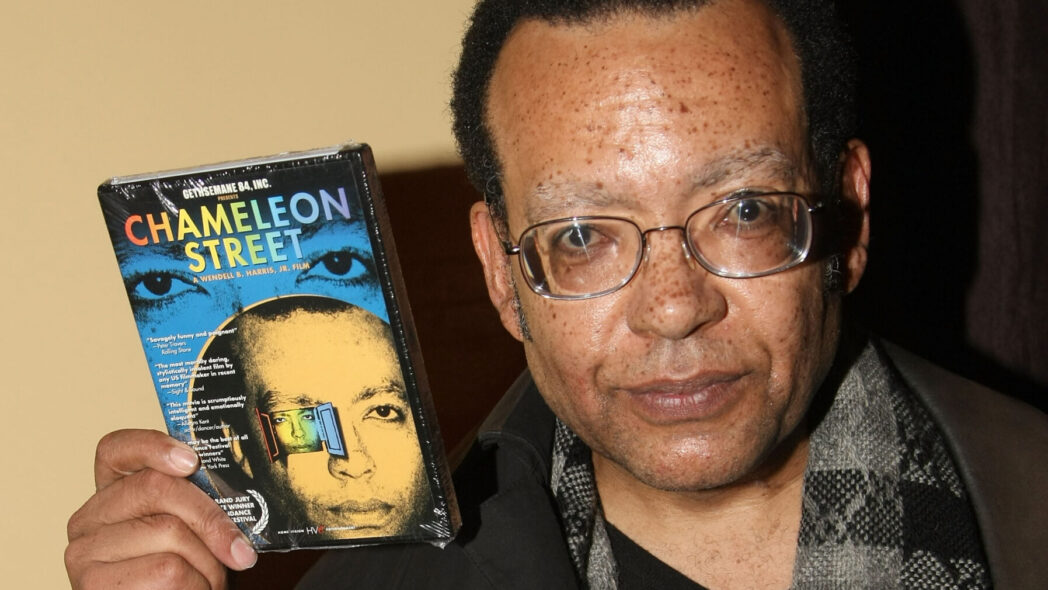
Wendell B. Harris Jr.
In 1990, Wendell B. Harris Jr. made history at Sundance when his satirical mockumentary “Chameleon Street” won the Dramatic Grand Jury Prize, making him the first Black director to take home a major award at the festival. His bold debut, written, directed, and starring Harris himself, carved out a path for future Black storytellers to be recognized on indie cinema’s biggest stage.


